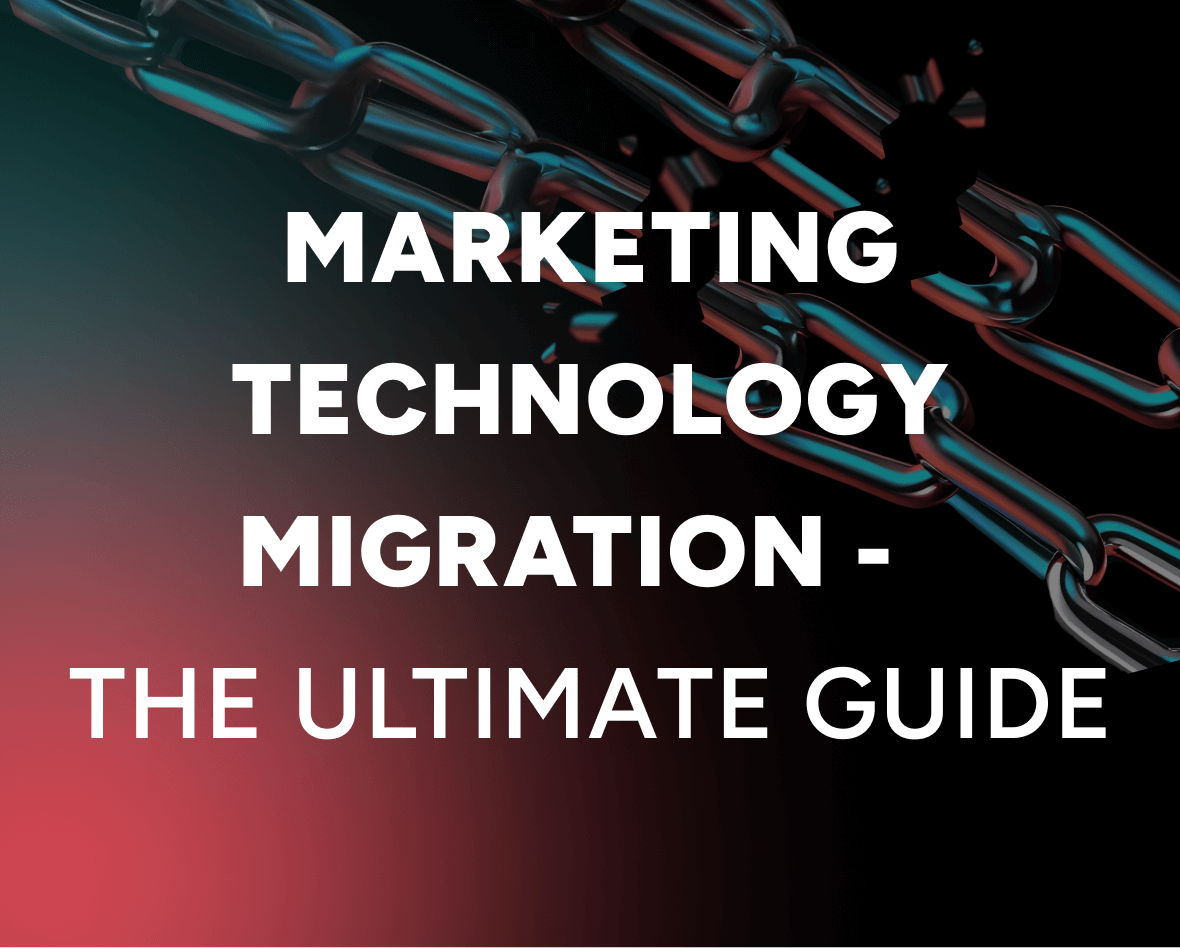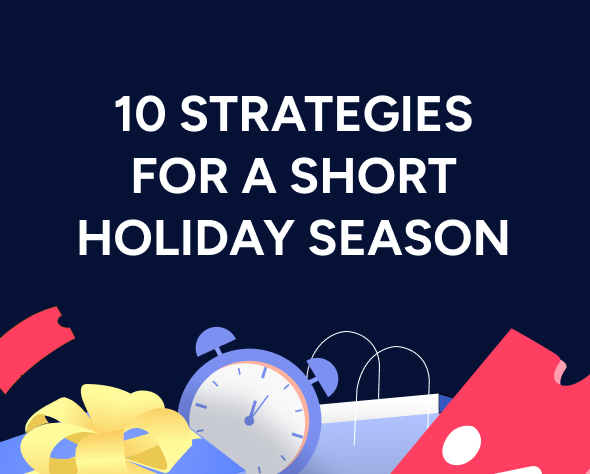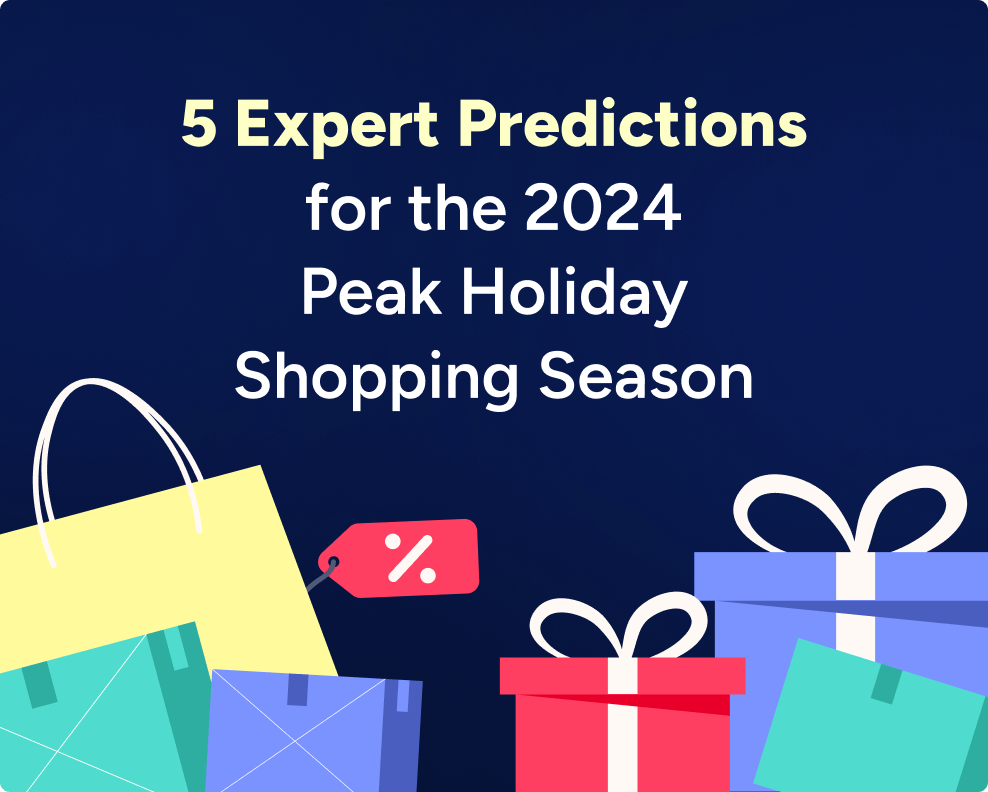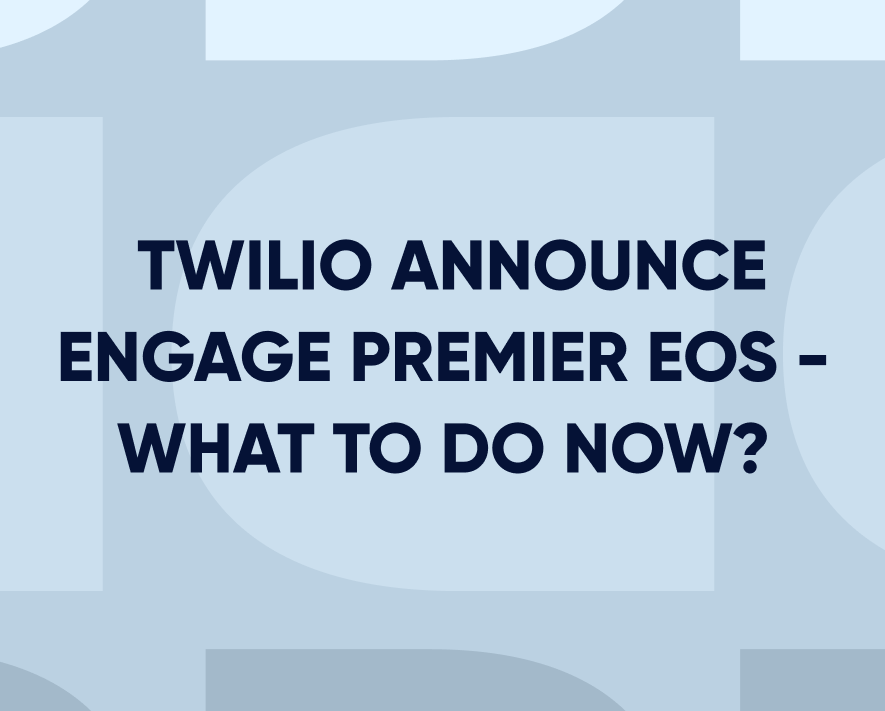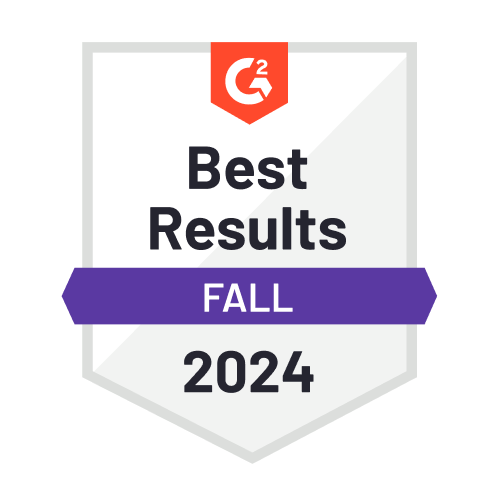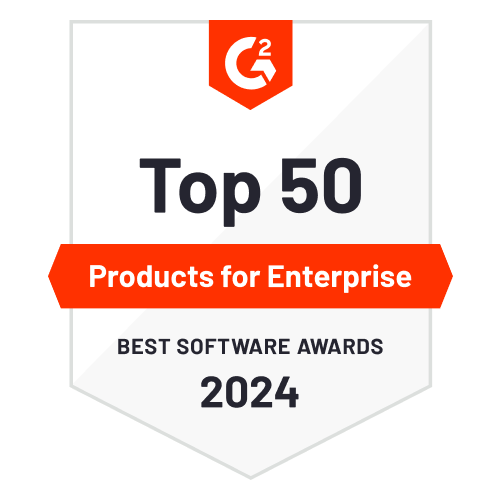How will a CDP change your business strategy?
Many marketers are familiar with Customer Relationship Management (CRM) platforms and Data Management Platforms (DMP), but lately, a new term, Customer Data Platform (CDP) is gaining traction in the market.
According to Gartner, CMOs around the world invests two-thirds of their budget in supporting customer retention and growth. As customers are interacting with brands over phones, tablets, desktops, smart TVs and through other channels, marketers are portraying an acute need for a platform that provides them with a unified view of their customers’ data and activity. That’s how CDPs started gaining traction.
Updated on Sep 4, 2018
A CDP is a marketing system that unifies a company’s customer data from marketing and other channels.
According to experts, CDP is designed specifically as a central location for — customer profiles, customer identifier, web and mobile session details, app interaction details, email responses, lifecycle stage updates, and so forth. All this data is organized and structured in a manner so that it could be easily managed by a marketer with zero fuss.
CDPs are for marketers
A customer Data Platform (CDP) are for marketers and give them a holistic view of every single customer. With the help of a CDP, a marketer can easily access all sorts of data. For instance, browsing history, previous purchases, lifecycle stage, email, contact number and more.
When we break down a Customer Data Platform, these are most important takeaways:
- CDPs are managed by marketers
- Have a unified and persistent, single database for customer behavior, profiles, and other related data
- Use a consistent identifier across all the channels for a given customer
- Integrate well with other platforms (CRM, Helpdesks, Ad Services and more).
- Allow marketers to use data in the CDP in external platforms without any change.
Now one can argue that a CDP seems similar to CRMs and DMPs — they all collect and store customer data in one platform. But there are glaring differences in how the data is collected and processed. The next section addresses what makes them different from CRMs and DMPs.
Speaking of data, what are the types of data that can be accumulated in a CDP and how does it differ from CRMs and DMPs?
CDP data aggregation can include:
- Details about customer’s web and mobile sessions
- Demographical data
- Behavioral data
- Data about in-product and in-app usage
- Partner and external app data
- Event and clicks data
- Customer profiles and more
While these are the most important data sets a CDP keeps a track of, it can do more. For instance, CDPs can track all sorts of data like email responses, social media mentions, and more.
Therefore, it becomes a very useful tool in your business and at times it’s not just useful for marketers, but also for customer support or account managers, as they can closely watch and monitor customer accounts, and resolve any queries that might persist.
How are CDPs different from CRMs and DMPs?
There are several ways CDPs differ from CRMs and DMPs, here are the major ones:
- CDPs can integrate with different systems with no technical assistance. In contrast, CRMs and DMPs might require assistance from a developer.
- DMPs and CRMs can’t perform advanced identification like CDPs. They lack the consolidated data sets that CDPs collate.
- Nowadays, CDPs use AI and ML algorithms to build customer profiles with pure raw data, unlike CRMs and DMPs where you might have to feed data manually.
- CDP can disclose new customer traits for personalized marketing. CRM and DMP store anonymous user profiles and can only segment the audience.
- CDP can store contextual, demographic, as well as historical data, while CRMs and DMPs can extract only segmented data based on different categories.
Although there are many similarities as well between CRMs, DMPs, and CDPs, and in certain ways, they complement each other, if you are in the market looking for third-party solutions for a short-term basis, CRMs and DMPs in combination will work out well. If you want long-term relationships and male your data actionable in one place, Customer Data Platforms are it.

